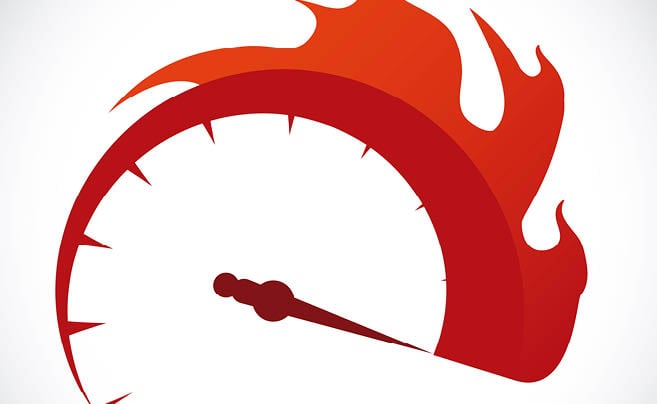The only way to maintain high performance is to not solely focus on getting your performance up, but to shift your mindset and learn how to reduce your perceived effort levels.
If you’re struggling or it feels hard, then your productivity is not where it could be, which could also lead to unnecessary and unproductive stress. While a certain amount of stress is required for high performance, too much of it becomes unproductive and can have some serious long-term impacts on your health.
An important part of improving your performance and decreasing your effort levels is understanding what your natural pace is and how you can embrace it to live a more positive life.
Some people are slow paced, and some fast–there is no right or wrong, but by living at your natural pace you will achieve high performance in all aspects of your life.
Similar to the way some people are more suited for endurance exercise, and others for sprint exercise, some have a faster natural pace and others a slower natural pace. Those with a faster pace are better at working in shorter bursts, and others that are a slower pace are better at working for longer periods.
Think about a person who is given three tasks to do and naturally jumps between them, versus a person, who is given the same three tasks, but does them sequentially. They will both get their tasks done, but go about completing them in two wholly different ways. The trick is how closely you operate to your natural pace. We often find that people are at a much higher risk of burn out and lower productivity when they are trying to operate at a pace that is vastly different to their natural one.
For example, if you have someone that is slower paced who likes to focus uninterrupted for long periods of time, but faces constant interruptions, short meetings, and is expected to respond to emails at short notice, they will find their productivity is decreased. They will use a lot more energy trying to keep up than if they were allowed to focus for longer periods of time. Conversely, people with shorter attention spans find it difficult to sit in long meetings. This can lead to increased anxiety and decreased productivity.
For years we’ve been under the impression that better performance means working harder and for longer. Rather, to increase performance levels on a sustainable basis, effort often needs to be reduced. By reducing your effort levels, you’re working to your strengths, and are working smarter, not harder.
3 tips for working at your natural pace
Here are 3 helpful tips to ensure you’re working and living at your natural pace.
- Manage your emails in a way that works for you: Emails coming in every minute are a distraction for everyone, whether you’re fast or slow paced. If you’re fast paced, aim for a 20-minute work/5-minute email check split. If you’re slow paced, spend longer periods, i.e. 60-90 minutes on a task, and then check emails after that
- Change the length of your meetings: A lot of people set their meetings for an hour period simply because that’s how their calendar is programmed to set them up. There is a good chance your meeting can be shortened to 45 minutes or half an hour. This way you can gain more time in the day without even noticing.
- Wellbeing is imperative for productivity: You can have wellbeing without high performance, but you can’t have high performance without wellbeing. So, ensure you’re keeping your mind, body and soul, happy and healthy.







